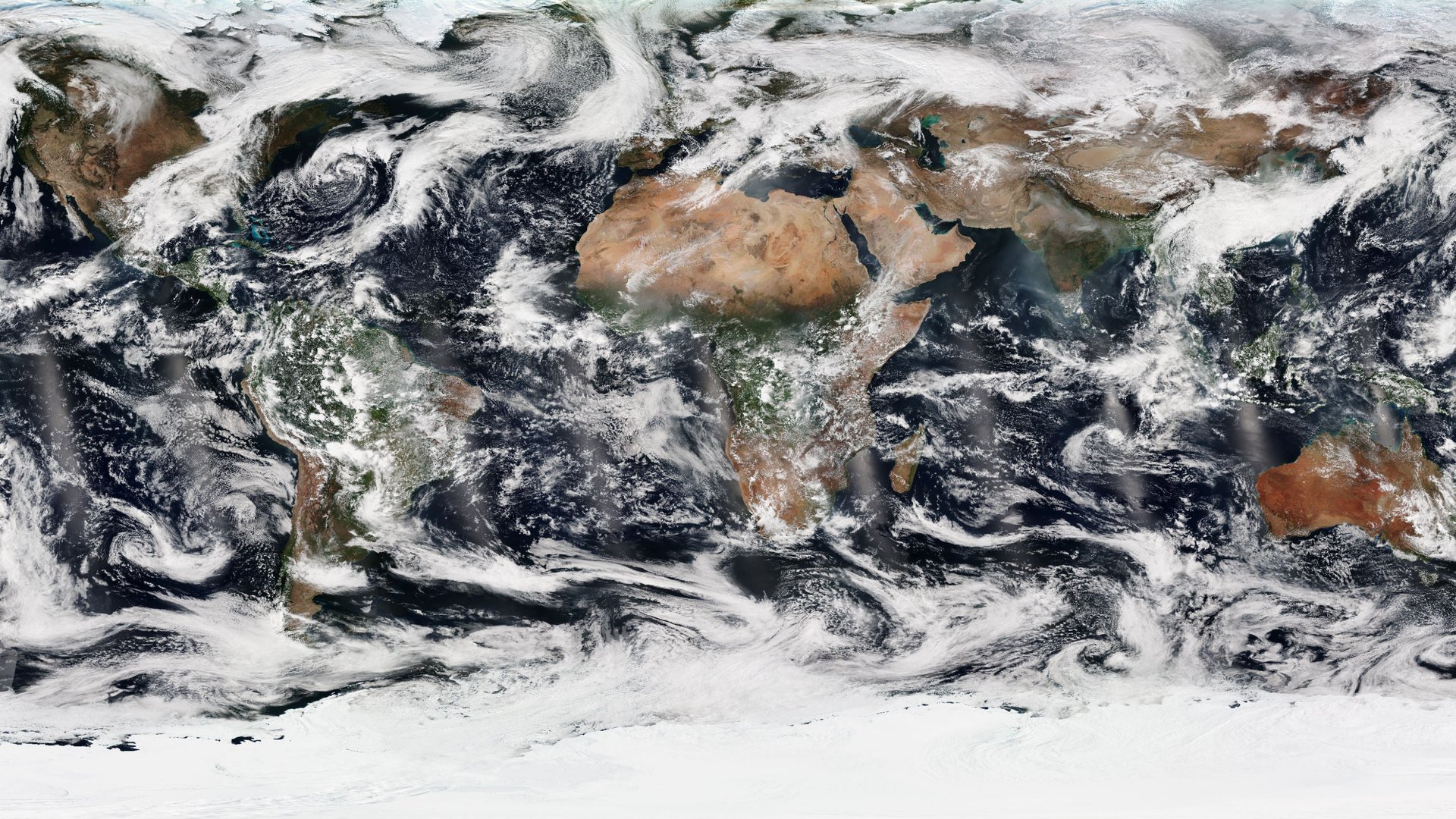It’s time to make an urgent case for the new global economy
Donald Trump’s election to the US presidency undermines a vision of the new global economy that was already in crisis. Those of us who believe in a more connected world must make an urgent and compelling case for it.


Donald Trump’s election to the US presidency undermines a vision of the new global economy that was already in crisis. Those of us who believe in a more connected world must make an urgent and compelling case for it.
In his campaign, Trump vowed to restrict the movement of people and goods into the United States, discarding trade agreements, raising tariffs, curtailing immigration, and constructing walls around the nation’s perimeter. His vision for a protectionist and nativist America is in line with the United Kingdom’s vote to abandon open borders with Europe and an anti-immigrant backlash throughout much of the world. There’s more of this to come, as national elections in Europe next year will surely bring leaders into office who have built their careers by demonizing free trade and pluralistic society.
In the face of this tide, it’s important to speak up for open movement of people, ideas, and commerce. Fortunately, the facts are on our side.
- Freer trade—and trade agreements—are net contributors to economic growth and prosperity.
- Immigrants are a net contributor to a country’s economic growth. This is true on a macro level, and powerful individual examples are easy to find: Alexander Graham Bell, William Procter and James Gamble, Andy Grove, Elon Musk, and Sergey Brin.
- Relatedly, being the world’s best training ground and most sought-after home for skilled talent has made the US a model for vibrant companies and job creation. By one count, immigrants have founded one-quarter of all US tech startups.
- Money spent on building a security industrial complex to police borders yields negative returns compared to investments in education and infrastructure.
- Companies with more women leaders are more profitable.
Freer trade and liberal immigration policies can have downsides. Some US voters are justifiably upset that the benefits of open trade accrued to big multinationals at the expense of blue-collar workers. A policy of openness needlessly hurts individuals when it’s not accompanied by an honest and compassionate approach to addressing dislocations, and when proper regulation doesn’t prevent wealth from being concentrated in the pockets of a few.
Trump and other politicians have exploited these issues to great effect. In this climate, it’s hard to imagine people will be receptive to arguments that a more open world is for their own good.
But there is hope. Digital communications and decentralized financial platforms offset the ability of any individual leader to block the movement of ideas and trade.
Some countries already understand the arguments for an open global economy or will be receptive to them. And some will see advantage in pursuing a globalist, pluralistic agenda. Many businesses understand, and some will see advantage, in pressuring their governments against a retreat from the new global economy. That’s especially true for the biggest US companies that generate the bulk of their revenue outside the country and rely on an ability to recruit top talent from around the world. And many people, perhaps starting with the young, understand the richness of a culture that’s not defined by national borders.
For much of this past year, Canada’s government under Justin Trudeau has been the loudest voice embracing this vision. Anxious about a possible Trump presidency, US business leaders have been quietly highlighting the risks to a retreat from that vision.
Quartz was founded, in part, to champion the values of a new global economy. Today, as in June after the Brexit vote, we are feeling wary but emboldened.
There is a risk that this movement becomes increasingly quiet and lonely. Now is the time for us to make sure that’s not the case.